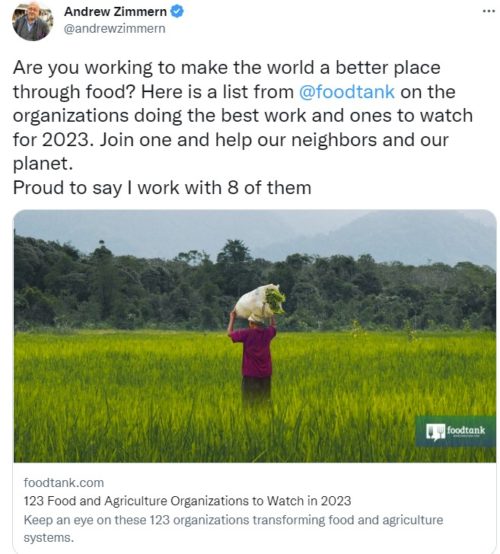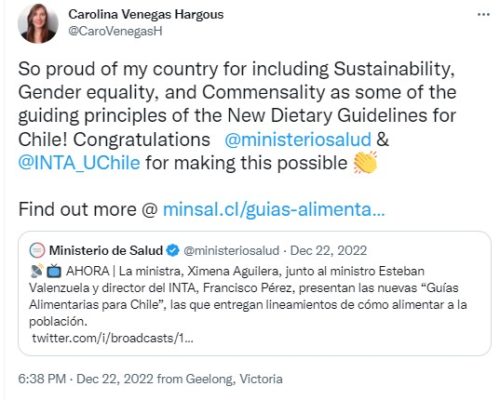Politics in (in)action: USDA and JBS
I’m indebted to Politico for this one: Federal government won’t stop buying food from meatpacker tied to bribery case.
Should the US government do business with a company that uses bribes to conduct its business? The answer, apparently, is yes.
At issue is the relationship of USDA to the Brazilian meatpacking company, JBS, one of four companies controlling 85% of the US meat supply.
In 2020, JBS paid a $256 million fine to the US to resolve charges of bribing Brazilian officials. A US subsidiary of JBS pleaded guilty to price-fixing charges in 2021.
The USDA has awarded nearly $400 million in contracts to JBS since October 2017, and at leat $60 million since the 2020 fines.
“Removing a firm from government-wide procurement would potentially impair competitive choice for the taxpayer in securing affordable food for the range of needs that government must provide for, from school lunches to meals for our soldiers,” Vilsack wrote.
Meat companies have way too much power. Secretary Vilsack vowed to break up some of that power. It would be good to make good on those promises.
********
For 30% off, go to www.ucpress.edu/9780520384156. Use code 21W2240 at checkout.





